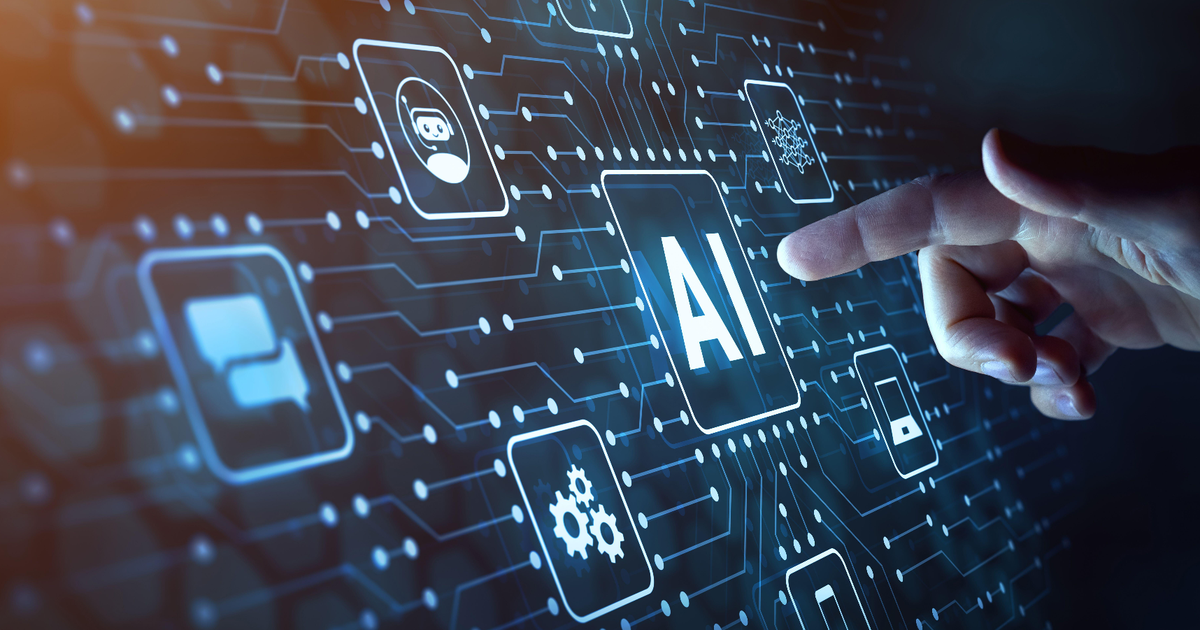The Rise of AI in the Job Market
The rise of generative AI is making it harder for recent college graduates to get a foothold on the corporate ladder as they start their careers. Job listings for entry-level corporate roles have declined by 15%, while the number of applications per job has surged by 30%, according to data from Handshake, a career platform geared toward Gen Z workers.
Early Warning Signs
Although people fresh out of college often struggle to land entry-level positions in their chosen field, "there are early warning signs" that AI is taking jobs away from the least experienced workers, Doug Calidas, senior vice president of government affairs for Americans for Responsible Innovation, told CBS MoneyWatch. "The unemployment rate for recent college graduates being unusually high seems relevant," he said.
Unemployment Rates
As of March, the U.S. unemployment rate for degree holders ages 22 through 27 was 5.8%, considerably higher than the nation's overall 4% jobless rate at the time, according to the New York Federal Reserve.
AI Redefining Entry-Level Jobs
Experts say that because AI is currently best at the kind of rote, repetitive tasks that are a staple of entry-level work, the very nature of what such roles consist of is likely to change. "The AI piece is becoming more integrated, which is requiring a redefinition of what an entry-level role looks like and the types of skills that might be needed," Christine Cruzvergara, chief education strategy officer at Handshake, told CBS MoneyWatch.
The Two-Segmented Market
A 2024 study by researchers at the University of Chicago, Columbia Business School, Purdue University, and Stanford Graduate School of Business shows that generative AI is weighing on hiring in occupations that require little education, knowledge or training. By contrast, demand for workers in occupations requiring a higher level of knowledge and training has risen.
The Future of Work
New technologies have always shaped the labor market, snuffing out certain professions while breathing life into new sectors. One difference with the rise of AI is that the technology excels at job functions typically associated with white-collar work. The acceleration of AI could push more young people into skilled trades that don't require a high-priced college education.







Comments
Join Our Community
Sign up to share your thoughts, engage with others, and become part of our growing community.
No comments yet
Be the first to share your thoughts and start the conversation!